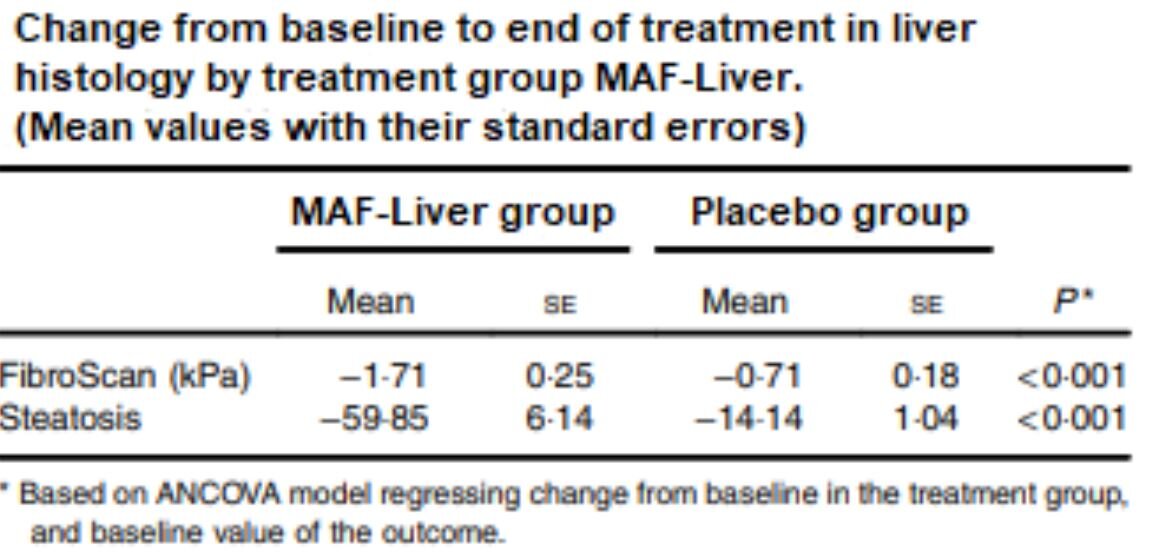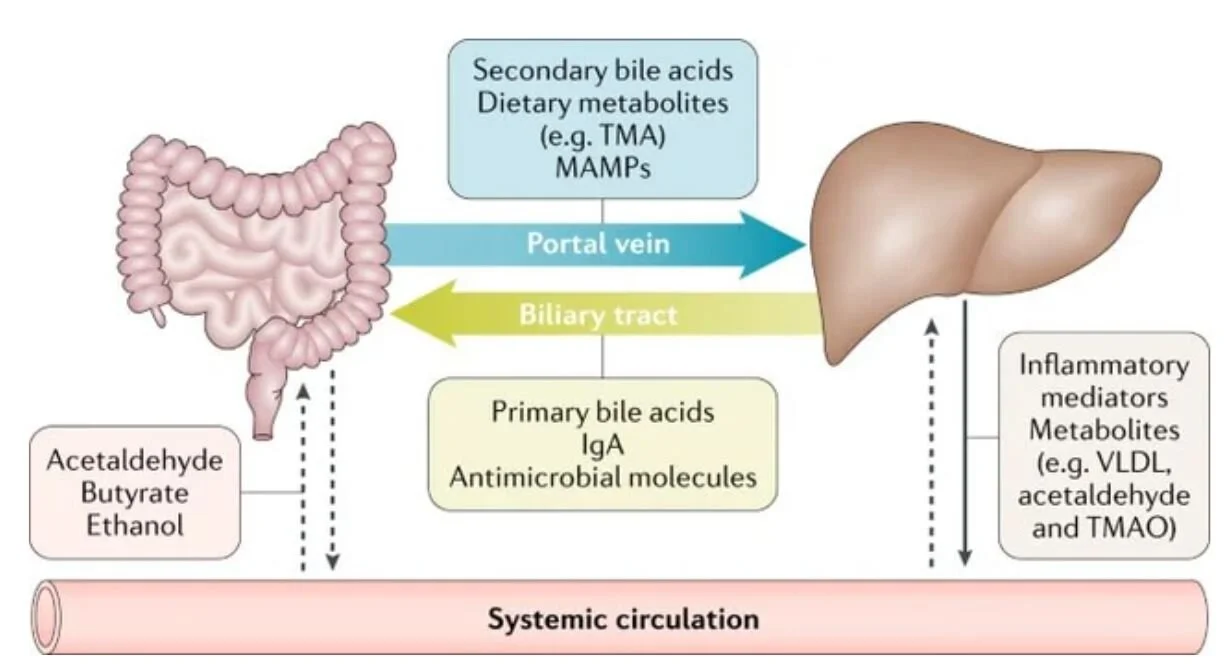MAF- LIVER by NHS
MAF- LIVER by NHS
MAF-Liver
Probiotic Yogurt Blend for Healthy Liver Function.
Each Sachet contains a blend of 8 liver-friendly probiotic strains and organic fructooligosaccharide.
Dose: Once made into yogurt consume 1/4 to 1/2 cup daily.
When made as directed each sachet of MAF-Liver will make 1 litre of yogurt containing a high amount of 8 liver friendly bacteria.
HOW TO MAKE
You will need:
1 litre of whole, organic, pasteurized, homogenized or raw milk (full fat not fat reduced). Do not use Ultra-pasteurized (UHT) milk as the high heat used breaks down the milk proteins.
Not yet tested on non dairy milk such as Rice, Soy, Almond or Lactose-Free.
1 litre pot / saucepan for boiling milk
• Large glass bowl
• Plastic, silicon or steel long-handled cooking spoon (not wood)
• 1 stainless steel tablespoon or whisk
• Paper towels
• Aluminum foil.
Firstly make sure that all items you are going to be using to make the yogurt are washed with warm soapy water, rinsed and completely dry.
1. To make yogurt, pour 1 litre (equals 1 US quart) of milk into a high sided saucepan. For this recipe use whole mammal milk only.
2. Heat the milk until it starts to climb the side of the saucepan (boils and foams up). (you need to continually stir the milk to stop it from burning).
3. Remove the saucepan from heat and allow to cool to room temperature (68-86º F) or (20-30º C) without stirring. Remove skin (casein) that has formed on top and discard it.
4. Add the Yogurt Cultures to the cooled milk, using a whisk to mix the milk and powder together.
5. Pour the mixture into a jar or bowl and cover loosely with aluminum foil, put in a warm place or if using a yogurt maker follow their instructions, select lowest temperature.
6. Do not move or stir the yogurt for 24 hours.
7. In cooler weather you may need to leave the yogurt for 48 hours.
The yogurt will ferment in 24 to 48 hours (depending on room temperature). Check after 24 hours for the proper thickness. If still not ready, check again after 48 hours. You can check from time to time by taking a tablespoon and scooping a small amount from the edge of the container. Do not stir the yogurt because stirring will stop the fermentation process.
If 48 hours is approaching and yogurt is still too runny due to cool conditions, the container can be placed in the kitchen sink that has hot/warm water in it (not boiling) for a few hours to speed up the fermentation process. Care must be taken to ensure the sink does not over flow when container in placed in it or that water level is much lower then that of the container level.
When 24/48 hour fermentation is complete simply stir your yogurt and transfer a clean jar or container if required and refrigerate. You may split the product into individual single serving glass jars, or it can kept in a larger container. Refrigerate for 2 hours before consuming and keep refrigerated. Discard any unused amount after 2 weeks.
Not yet tested on non dairy milk such as Rice, Soy, Almond or Lactose-Free.
1 litre pot / saucepan for boiling milk
• Large glass bowl
• Plastic, silicon or steel long-handled cooking spoon (not wood)
• 1 stainless steel tablespoon or whisk
• Paper towels
• Aluminum foil.
Firstly make sure that all items you are going to be using to make the yogurt are washed with warm soapy water, rinsed and completely dry.
1. To make yogurt, pour 1 litre (equals 1 US quart) of milk into a high sided saucepan. For this recipe use whole mammal milk only.
2. Heat the milk until it starts to climb the side of the saucepan (boils and foams up). (you need to continually stir the milk to stop it from burning).
3. Remove the saucepan from heat and allow to cool to room temperature (68-86º F) or (20-30º C) without stirring. Remove skin (casein) that has formed on top and discard it.
4. Add the Yogurt Cultures to the cooled milk, using a whisk to mix the milk and powder together.
5. Pour the mixture into a jar or bowl and cover loosely with aluminum foil, put in a warm place or if using a yogurt maker follow their instructions, select lowest temperature.
6. Do not move or stir the yogurt for 24 hours.
7. In cooler weather you may need to leave the yogurt for 48 hours.
The yogurt will ferment in 24 to 48 hours (depending on room temperature). Check after 24 hours for the proper thickness. If still not ready, check again after 48 hours. You can check from time to time by taking a tablespoon and scooping a small amount from the edge of the container. Do not stir the yogurt because stirring will stop the fermentation process.
If 48 hours is approaching and yogurt is still too runny due to cool conditions, the container can be placed in the kitchen sink that has hot/warm water in it (not boiling) for a few hours to speed up the fermentation process. Care must be taken to ensure the sink does not over flow when container in placed in it or that water level is much lower then that of the container level.
When 24/48 hour fermentation is complete simply stir your yogurt and transfer a clean jar or container if required and refrigerate. You may split the product into individual single serving glass jars, or it can kept in a larger container. Refrigerate for 2 hours before consuming and keep refrigerated. Discard any unused amount after 2 weeks.
*These statements have not been evaluated by the Food and Drug Administration. This product is not intended to diagnose, treat, cure or prevent any disease.




